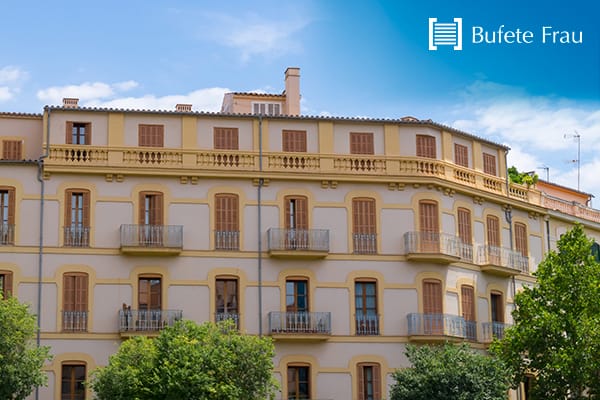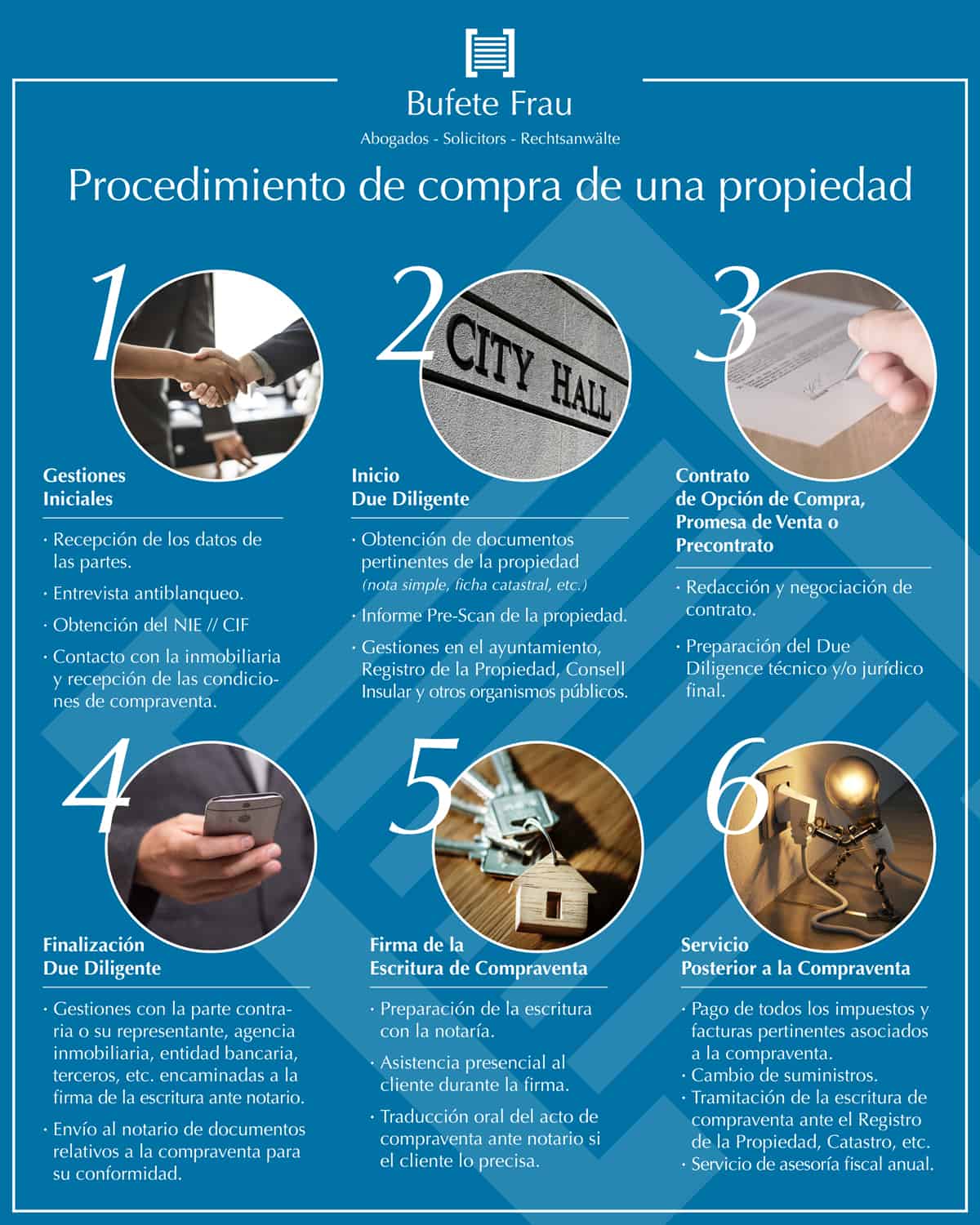
Derecho Inmobiliario y cuestiones Fiscales
We know that there are many differences between the process of purchase/sale of a property in Spain and in Germany. Differences that, on occasiones, can cause insecurity to our clients and this is quite understandable. We have, therefore, decided to hold a brief but interesting interview with Dr. Jürgen Bredthauer, Notary in Hamburg and a specialist in Private International Law and Family and Contract Law, to know and understand more the concerns that most of our clients have, which is our obligation to detect and resolve.
Q: Mr. Dr. Bredthauer, you are one of the most well known notarys in Hamburg and you also have the knowledge of the process of purchase of a property in Spain. Of the differences between both processes, what has particularly called your attention?
A: In Germany we differ between the binding legal contract of purchase/sale, in which, amongst other things, the purchaser promises to pay the agreed price and the transfer of the property, which takes place only when the registration has taken place of the purchased property, in the corresponding Property Registry office. On the other hand in Spain, the property is transferred with the signature by the parties in a contract that can be private or public before a notary. Consequently, in the purchase/sales in Spain there is missing better notary advise as warnings, that does not take place even at the moment of signature before the notary. The purchasers, therefore, should always count with the advise of a lawyer, who will also provide a translation of the draft document.
Q: Bank cheques, payments on the same day as signature … All this may not sound very good to a German or even cause distrust. What do you think about this?
A: For a German it is very rare to pay at the same moment of signature before the notary. But this should be so because the property is transferred at that moment. It may also appear strange that at the signature before the notary even be present, given the case, an authorized person from the bank whose mortgage is to be cancelled and another from the bank who is financing the operation.
Q: The process of purchase in Spain offers as many advantages as well as disadvantages with respect to the German process. Could you indicate to us an advantage?
A: The main advantage of the process in Spain is that with the signature before the notary and the payment of the price, the purchaser becomes the owner of the property, transferred by the seller free of charges.
Q: And a disadvantage?
A: It is a disadvantage that the notary is not who transfers the deed, in other words, who requests the registration in the Property Registry office and supervises that this is dealt with. For this the additional services of a gestoria must be contracted, but these proceedings can be easily organizad by the lawyer giving advise in the operation.
Q: As a German and as a notary what recommendations would you make to your fellow countrymen/countrywomen?
A: I would tell them, that although the system is different to ours, it also works. To the contrary of what happens in Germany, where it is not essential, in Spain it is very advisable to count with the services of a lawyer, who will take charge in verifying that all is correct and that there will be no problems concerning, for example, the declaration of new construction, housing certificate, the payment of taxes and levies prior to the operation, etc.
Q: The prices rise on the islands from year to year. What do you think will happen in the future? Where do you think this will all lead to?
A: As a lawyer I have nothing to say concerning the rise in the prices. But in observing the evolution, I do not think that at this moment we are near to a new real estate bubble.
Q: And to finish… to know something of Spanish can also be very important… which were the first words that you learned in Spanish?, and in Mallorquin?
A: The first words that I learned in Spanish were: “Good day, I am Jürgen Bredthauer”. Unfortunately I only speak a little Mallorquin, but the first that comes to mind is “Poc a poc!”, in other words, slowly. Without doubt, there are many differences in the proceeding between one country and the other.
Our obligation, as legal advisors and specialists in Real Estate Law in the Balearic Islands, is to explain all these differences to our clients, give them the knowledge of Spanish law to understand and obtain that the process of purchase/sale always be as safe and satisfactory as possible for everyone.





